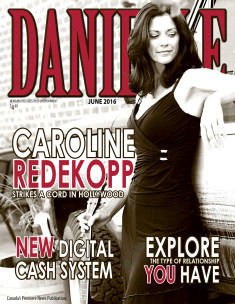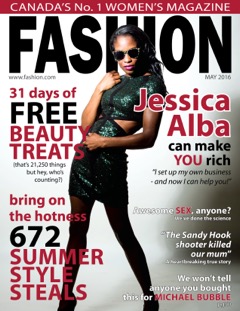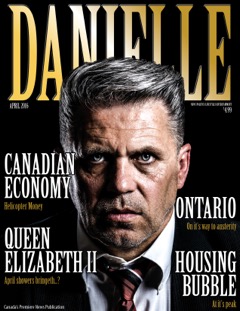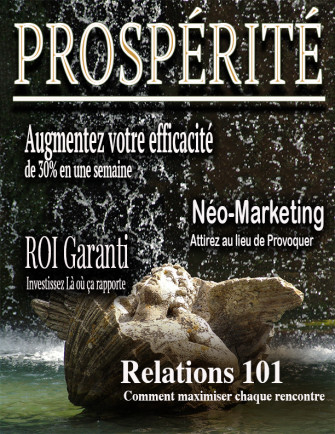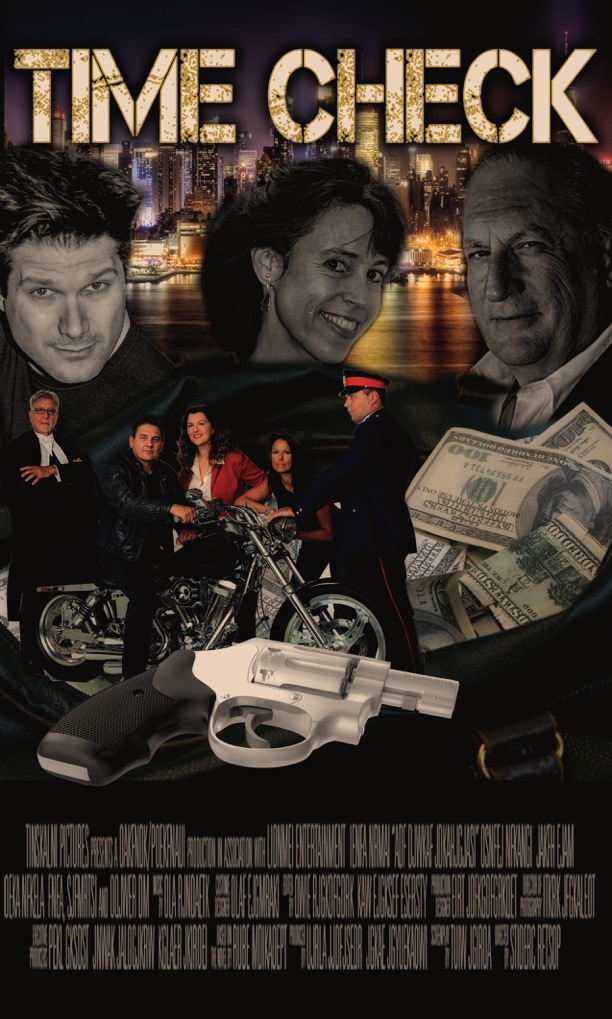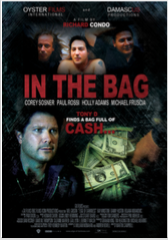Being a TV critic gives a person a certain perspective. The job doesn’t have the heft of political commentary. It isn’t a powerful position. But TV is powerful and pervasive and writing about it leads to a distinct mindset.
Me, I’ve never got my head round the idea of Mike Duffy as a senator. I always think of him as a creature of Canadian TV, a familiar figure on CBC and then on CTV. After all, he was a media figure far longer than he has been a senator – 14 years with CBC and 20 years with CTV.
The same applies to my picture of Pamela Wallin. A consul-general and then a senator. But I think of her mainly as a Canadian TV icon, elevated to stardom and influence by TV – she spent 24 years on the air with CBC or CTV.

Both were elite media figures. Their elite status is what got them appointed to the Senate. Which brings us to the notion, often promoted by political parties, that there exists an “Ottawa media elite” or, as Ezra Levant used to rant on the failed Sun News channel, “a media party.” Does it exist?
It’s a confusing issue, made hazy by blatantly partisan accusations from the Conservative Party that the “Ottawa media elites” are hell-bent on undermining the government’s agenda. The assertion is that elite figures covering Canadian politics are anti-Conservative.

Conservative Sen. Pamela Wallin attends a Senate Committee meeting on Parliament Hill in Ottawa on Thursday Feb 28, 2013. The Senate subcommittee that has been reviewing questionable expenses was warned a year-and-a-half ago that there were potential problems with Wallin’s travel claims. THE CANADIAN PRESS/Sean Kilpatrick ORG XMIT: CPT118
It’s a banal assertion, undermined by the fact that almost all media outlets who can endorse a political party in an election chose to endorse the Conservative Party in 2011. And undermined by the ease with which Duffy and Wallin became senators. That entire issue is really about the government’s impatience with dissent and questioning attitudes.

An unidentified man shields Sen. Pamela Wallin from media cameras as she arrives at the Senate entrance on Parliament Hill in Ottawa, Thursday, June 6, 2013. THE CANADIAN PRESS/Sean Kilpatrick
In reality, the matter of a “media elite” in Canada isn’t about politics or brazen partisanship. It’s about influence, connections, money and secrecy. A lot of people, especially the young, suspect that kind of “media elite” does indeed exist. Does it?
The suspicion that it exists is what fuelled the controversy about whether Amanda Lang, the CBC’s senior business correspondent, had been in a journalistic conflict of interest, or not. Those who aren’t familiar with how elite figures in Canadian TV live and work were astonished to learn that Lang, like some other CBC figures, had spoken to powerful business groups for a substantial fee.
That practice is now ended. CBC changed the rules after the Lang controversy erupted. An internal review conducted by CBC eventually determined that Lang adhered to its journalistic standards. That cleared up allegations she had tried to undermine a story on RBC and foreign workers or that Lang’s relationship with an RBC board member was of any consequence in her journalism.
That was that. All good. But there was something different about the blog post by CBC’s Jennifer McGuire, general manager and editor-in-chief, CBC News, regarding the review, and in her letter to CBC viewers who had written to the CBC ombudsman about the Lang matter. In her letter, McGuire wrote: “Let me state out front that only a small portion of that review was made public: analysis of the content that we broadcast and published. Other sections which cover the equally important questions about conflict of interest were not released because of obligations we have to keep them confidential.” In her blog post, McGuire said, “Any discipline carried out in accordance with that collective agreement is also confidential.”



